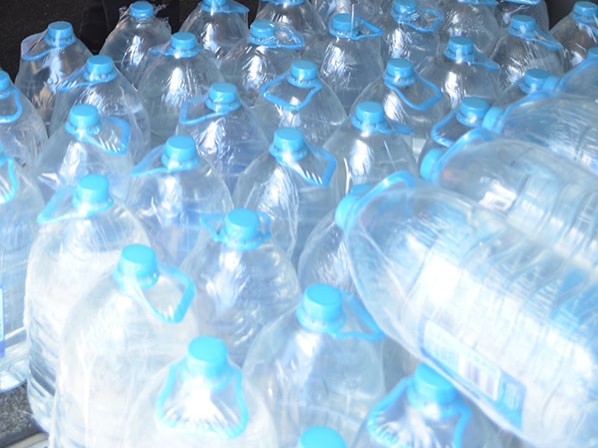
Mon Feb 27 11:17:00 UTC 2017
The Shoprite Group has heeded the call to reduce water consumption across its operations in the Western Cape. As one of the major consumers of water supplied by the municipality, the retailer acknowledges the critical role it should play in lowering consumption.
Just in the City of Cape Town alone, the Shoprite Group has identified more than 20 facilities that receive water directly from the city. The majority of these facilities are shopping centres with multiple tenants whose combined consumption has, at times, been high.
While factors such as constantly fluctuating customer volumes at stores as well as constant changes in the number of contract employees at any given time are often beyond its control, the Shoprite Group continues to investigate ways in which it can reduce water usage throughout its operations and has given its full commitment to doing so.
A number of measures have already been put in place since the water crisis began, including the suspension of garden irrigation and truck washing across all of its facilities in the province as well as the usage of bricks in all toilet cisterns to save water. An audit of all taps in stores has been undertaken, with self-closing taps being installed where problems have been identified. The Group has also implemented more stringent usage of water at all its facilities with boreholes, going beyond the current level 3B water restrictions that are in place to realise additional savings. Ongoing monitoring of water usage at all of its facilities is in place so that any problems can be immediately addressed.
In a bid to heighten awareness of the impact of the water crisis, the retailer is engaging both its tenants as well as landlords to encourage them to adhere to and enforce greater restrictions in centres where its stores are located. This is in addition to ongoing consumer education such as in-store awareness campaigns with the potential to reach over 1-million customers every month.

The Group has also reached out to all of its suppliers to join forces with it on practical solutions to sustainable water consumption. For example, the retailer has instituted a subsidy on natural spring water across its Shoprite and Checkers stores in the Western Cape, in a bid to shift consumer buying patterns away from tap water that comes directly from municipal potable water supplies. The sale of inflatable and portable swimming pools has also been suspended at its Western Cape stores indefinitely.
Consumers are urged to do their part by abiding to the current water restrictions in place. There is something that everyone can do to minimise water use in their homes, workplaces and businesses.
Together, we can help save as much water as possible by following these simple water saving tips.